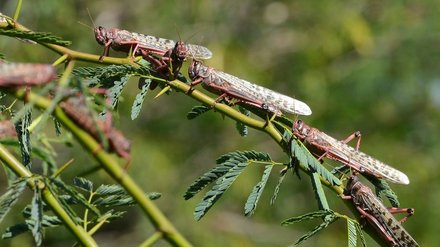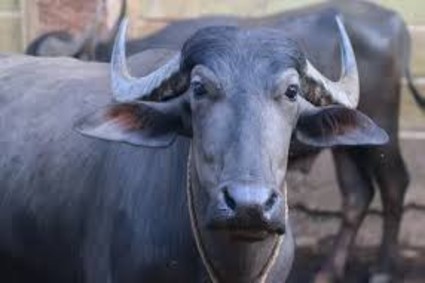The Food and Agriculture Organization of the United Nations (FAO) Project for Improvement of Locust Management (Phase II), funded by the Japan International Cooperation Agency (JICA) has been officially launched for the benefit of Afghanistan, Kazakhstan, Kyrgyzstan, Tajikistan, Turkmenistan and Uzbekistan. The total amount received for the project is $7.5 million, the organization said in a statement.
The first meeting of the Project Steering Committee was held online with the participation of 6 beneficiary countries representatives, specialists from JICA and FAO. The meeting participants reviewed the main activities planned for the project, discussed the budget and work plan for the first year as well as other issues related to reducing the damage caused by locusts.
The project will contribute to further development of regional cooperation, which involves the regular exchange of information and experience between all beneficiary countries through seminars, joint surveys, and the publication of newsletters. It is also planned to further strengthen the national potential of countries by improving the skills of national specialists responsible for locust control. In addition, the latest equipment will be delivered to improve pest monitoring, which will allow better forecasting locust outbreaks and reduce the damage caused by them. At the same time, an improved response mechanism to locust outbreaks will be implemented, using less harmful pesticides and biological pest control products.
“Special attention will be paid to reducing the negative impact of pesticides on human health and the environment, which involves the supply of personal protective equipment and other measures. The project will also increase public information and awareness on safety measures and improved locust management,” Sherzod Umarov, Officer in Charge for the FAO Representation in Uzbekistan, stressed.
The project is expected to contribute to food security and livelihoods of the rural populations in Central Asia by preventing and limiting the threats posed by locusts and damage to crops and rangelands.














